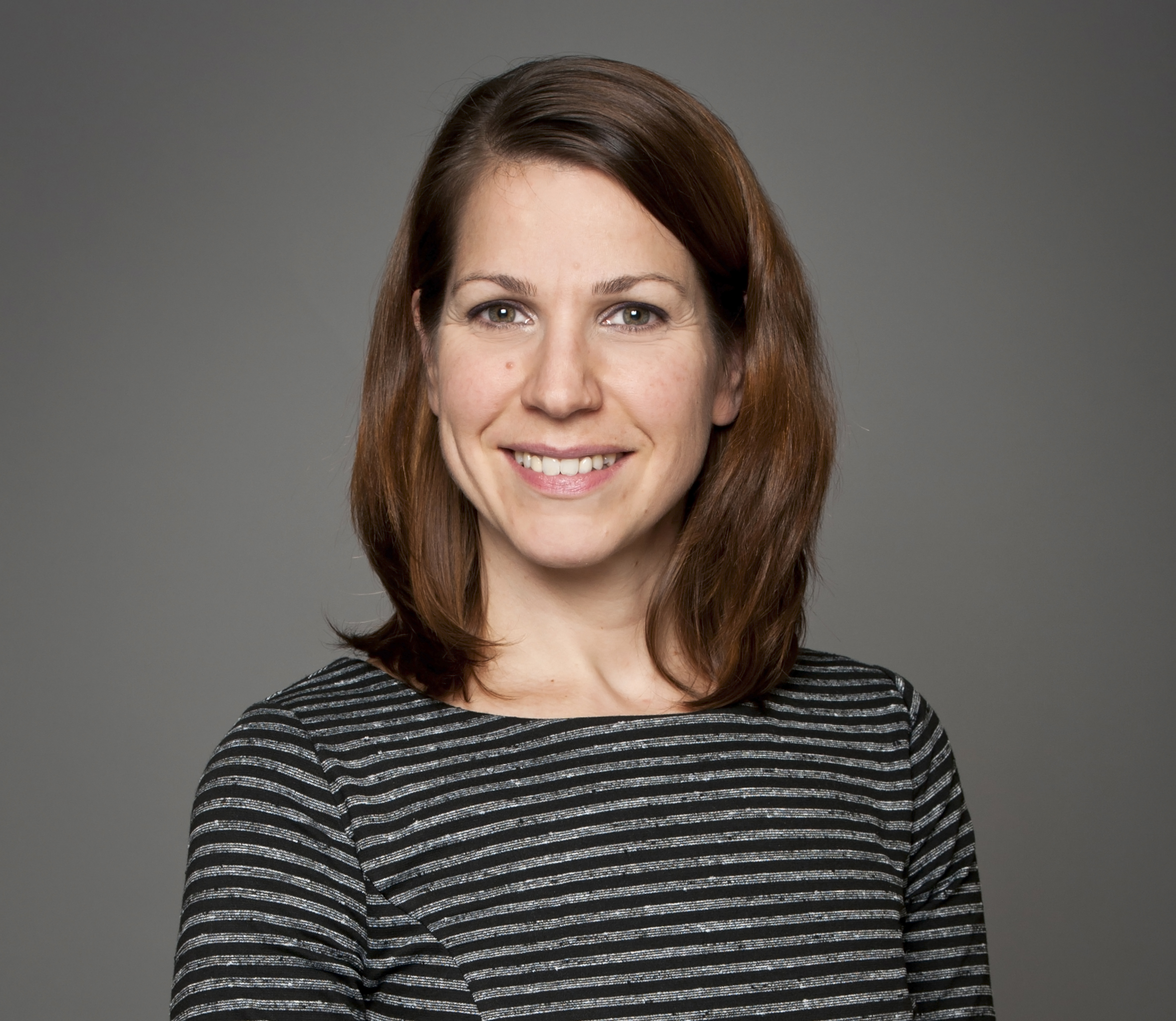Environmental Scan of Faculty of Medicine Leadership in Social Accountability
We conducted a robust environmental scan of social accountability across the Faculty of Medicine that:
- Identified champions
- Provided a mechanism to initiate dialogue
- Served as a platform for culture change
The environmental scan has also highlighted how committed we are in advancing our values focused on diversity, equity, inclusion, professionalism and respect, all key elements to better engage with our communities and ensure impactful and diverse partnerships.




